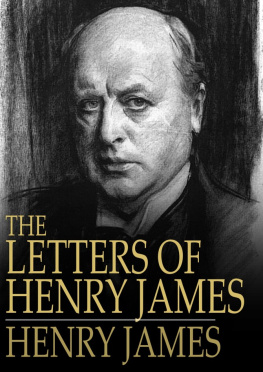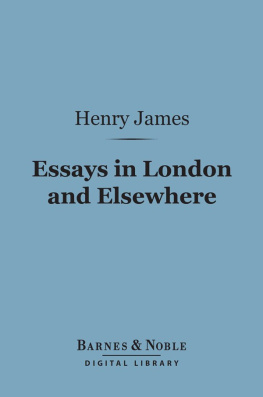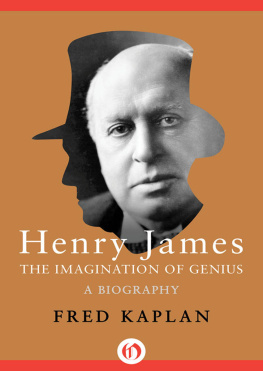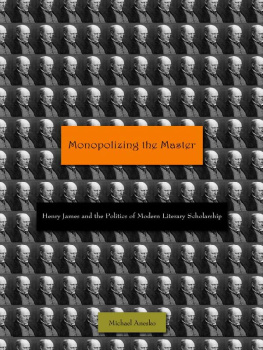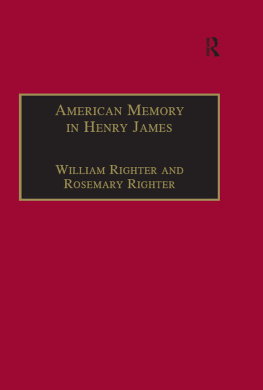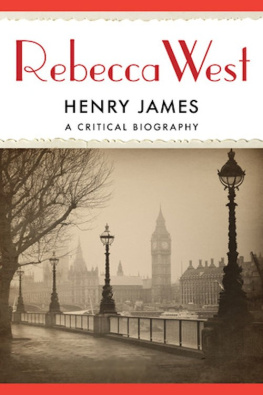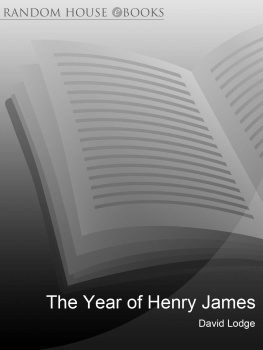First published 1993 by Scolar Press and Ashgate Publishing
Reissued 2018 by Routledge
2 Park Square, Milton Park, Abingdon, Oxon, OX14 4RN
711 Third Avenue, New York, NY 10017, USA
Routledge is an imprint of the Taylor & Francis Group, an informa business
The selection, arrangement and Introduction copyright Peter Rawlings, 1993.
All rights reserved. No part of this book may be reprinted or reproduced or utilised in any form or by any electronic, mechanical, or other means, now known or hereafter invented, including photocopying and recording, or in any information storage or retrieval system, without permission in writing from the publishers.
Notice:
Product or corporate names may be trademarks or registered trademarks, and are used only for identification and explanation without intent to infringe.
Publishers Note
The publisher has gone to great lengths to ensure the quality of this reprint but points out that some imperfections in the original copies may be apparent.
Disclaimer
The publisher has made every effort to trace copyright holders and welcomes correspondence from those they have been unable to contact.
A Library of Congress record exists under LC control number: 93018601
ISBN 13: 978-1-138-61144-3 (hbk)
ISBN 13: 978-1-138-61150-4 (pbk)
ISBN 13: 978-0-429-46360-0 (ebk)
Publishers Note
The publisher has gone to great lengths to ensure the quality of this book but points out that some imperfections from the original may be apparent.
Critical Thought Series
Periodical literature is among the liveliest and most neglected of arts in the English language. Its historic landmarks are 1802, when the Edinburgh Review began, and 1902, which first saw the Times Literary Supplement. For nearly two centuries journalists and academics have met on equal terms, both in national journals and in little reviews.
The liveliness of these debates is easily lost, however, through being scattered wide and far, and this series, which is devoted to critical thought in the twentieth and the last years of the nineteenth centuries, is an attempt to recover the controversies that have surrounded the great critics of the modern age. Each volume is devoted to a school of criticism or to a single figure. Introduced by a volume editor, it reproduces reviews, articles and excerpts, largely in facsimile, and a detailed table of contents lists the original source of each item. It is hoped that the series will prove of value to the student and the general reader, and reflect the controversy that the great critics continue to inspire.
George Watson
St Johns College, Cambridge
Henry James began his professional life mutilating literary trifles; he ended it as the founder of a critical discourse whose subsequent reach has been immense.
His literary apprenticeship was long: Watch and Ward was serialized in 1871, when he was approaching his thirties, and appeared in book form, with copious revisions, in 1878; but Roderick Hudson (1875) was the first novel for which he gladly admitted paternity. James confined himself during this period to the production of short stories and to extensive reviewing, mostly for the Atlantic Monthly, Nation, and North American Review. The net was cast widely, even indiscriminately: legions of now long-forgotten novels were his staple, but tasty morsels such as The Jesuits in North America in the Seventeenth Century, and Ezra Stiles Gannett, Unitarian Minister in Boston, 18241871 did not go unnoticed. This was a period when James was developing literary allegiances, canons of taste, and embryonic ideas about theory and practice which were to inform, and sometimes coerce, his own writing for the remaining five decades of his life.
Fame of a kind was achieved notoriety in some American quarters with Daisy Miller, it was published in 1878, the year of Jamess initial volume of critical essays, French Poets and Novelists. This finding of his fictional direction did not mean the abandoning of critical writing. On the contrary, it now became the principal means by which he could articulate his theoretical awareness and distinguish himself from the multitudes of hack writers. The successful application of any art is a delightful spectacle, wrote James in The Art of Fiction, but the theory too is interesting.
A good many of Jamess essays have been excavated posthumously; but those he regarded as especially interesting were reprinted in his own lifetime. Hawthorne is the only writer to whom (in 1879) a whole book was devoted. Partial Portraits (1888), Essays in London and Elsewhere (1893), Views and Reviews, edited by Le Roy Phillips (1908), and Notes on Novelists (1914) appeared after 1878. The Prefaces to the New York Edition of the Novels and Tales of Henry James (19071909) were collected by R.P. Blackmur in one volume, The Art of the Novel (1934). Partial Portraits contains The Art of Fiction, an essay much discussed at the time and subsequently regarded as a highly significant pronouncement on the craft of fiction; among others, a fine essay on Flaubert and two nervous encounters with Ibsen comprise Essays in London and Elsewhere, a major essay in Notes on Novelists is The New Novel.
James was mainly regarded as a novelist; and despite his 112 tales, enormous range of critical writing, and twelve execrable plays, the novel was undoubtedly the focus of his energy. Given the professionalization, even industrialization, of criticism towards the end of the nineteenth century, such activity was often viewed by James as parasitic and contemptible. In 1891, he suggested that
if literary criticism may be said to flourish among us at all, it certainly flourishes immensely, for it flows through the periodical press like a river that has burst its dykes (The Science of Criticism).
What James objected to was the deluge of reviews which amounted to no more than Philistine twaddle (The Art of Fiction). But he remained convinced that intelligent criticism had the prime function of making
our absorption and our enjoyment of the things that feed the mind as aware of itself as possible, since that awareness quickens the mental demand, which thus in turn wanders further and further for pasture (The New Novel).
Criticism about criticism is a relatively recent phenomenon; and none of Jamess work of this kind was considered to any extent until French Poets and Novelists. By the time of the Prefaces, and their one-volume incarnation, Jamess criticism was taken much more seriously; it was no longer perceived as being ancillary to his fiction. A good many commentators now felt that not only was it an indispensable gloss on his imaginative output, but that his critical sensibility dominated even his fiction.
An outline of Jamess critical tenets, however reductive, is a necessary preliminary to any discussion of the issues generated by this collection of essays. From early reviews to the thickets of his New York Prefaces, Jamess critical preoccupations were consistent. Abstract rules, established in detachment from and prior to the work under construction or review, he abhorred. His commitment was to something like an organicist aesthetic and the freedom-within-limits it seemed to offer: the subject should determine the treatment. The method, that is, for assessing any work of art is one of examining whether or not the manner of its handling is appropriate to the subject. This is what James called, in The Art of Fiction, the test of execution. Novels, like plants, should grow naturally, from within. The seed of a particular anecdote, incident, or character, has to be germinated and developed according to the laws implied by each case. The resulting work is the product of a subject encountered in experience and its interaction with the crucible of the writers imagination; a faculty which allows sound, even creative and inspired, judgements about modes of treatment.



